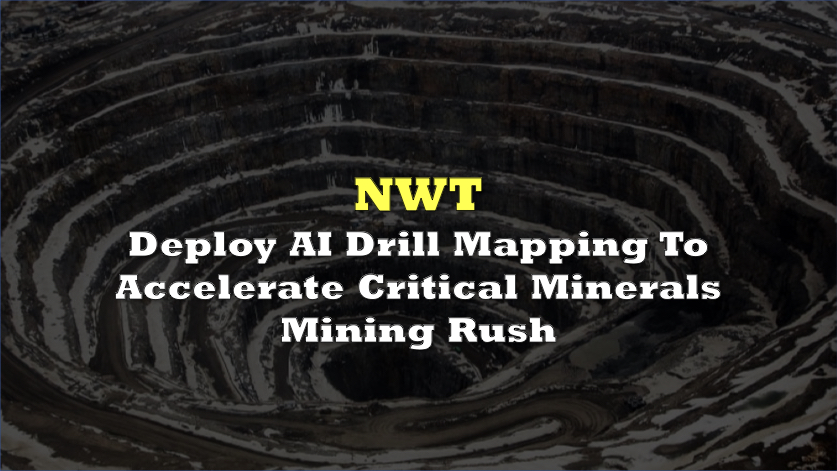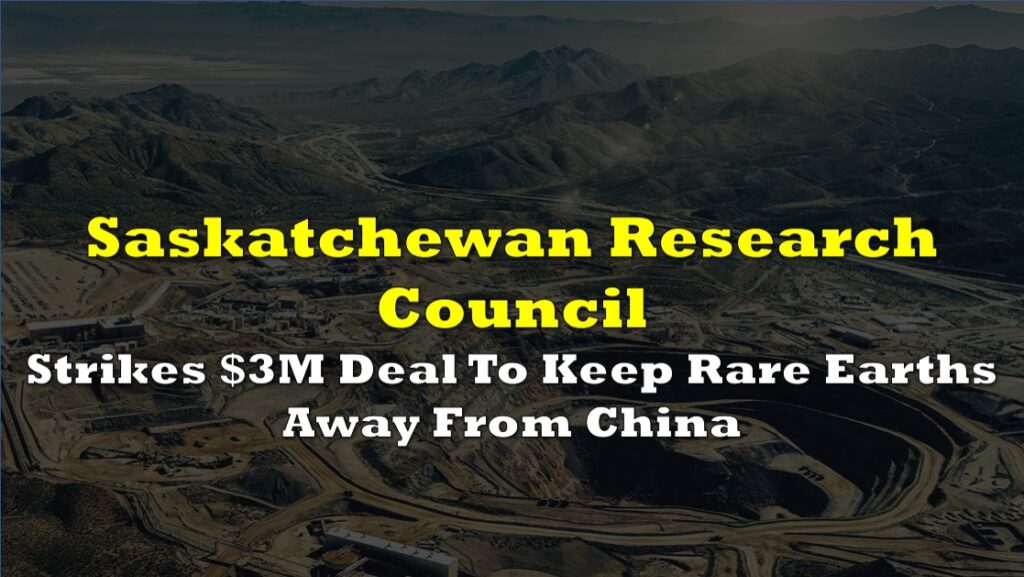Ottawa and the Northwest Territories have begun scanning and digitising decades-old drill cores in a pilot program that officials say will “unlock the North’s mineral potential” and put the country back on investors’ radar.
The project will rescan thousands of core boxes from the NWT Geological Survey, run the images through artificial intelligence algorithms, and publish the results on a national digital platform.
“By modernizing how we analyse and share geological data, we’re opening the door to exploration, new partnerships and new economic opportunities,” said NWT Industry Minister Caitlin Cleveland.
Data transparency also answers environmental and social critics. Cleveland said the digital library lets explorers “unlock untapped mineral potential” while respecting Indigenous stewardship.
Focus falls first on the Slave Geological Province—190,000 km² of Archean rock that already hosts diamond and gold mines yet remains underexplored for battery metals. Digitising cores “will help reduce exploration risk,” added NWT Infrastructure Minister Caroline Wawzonek, allowing companies to revisit known anomalies without fresh ground disturbance.
“In a world urgently seeking a reliable and democratic source of critical minerals, it’s time to revisit our mineral archives with new tools and new priorities,” Energy and Natural Resources Minister Tim Hodgson posted on X, echoing the Prime Minister Mark Carney’s mantra that we can give ourselves more than anyone else can take away.
Canadians voted for results.
— Tim Hodgson (@timhodgsonmt) July 14, 2025
And in the world’s largest democracy by land area, that means partnering with provinces and territories to deliver them.
Today, we’re announcing a new pilot partnership with the Northwest Territories to digitize and rescan thousands of archived… pic.twitter.com/copxAXuXCs
Ottawa has earmarked up to $3.8 billion over eight years for its Critical Minerals Strategy, yet critics argue the spending remains modest beside Beijing’s reported US$20 billion outlay last year alone. Teck Resources CEO Jonathan Price recently warned that Western producers are “still playing catch up.”
The AI-core pilot offers a lower-cost lever: free data that shortens drill programs, accelerates resource estimates, and sweetens the economics of remote projects.
The national library, once scaled, may extend the same advantage to every province, compressing Canada’s notoriously long discovery-to-mine timeline.
Information for this story was found via Cabin Radio and the sources mentioned. The author has no securities or affiliations related to the organizations discussed. Not a recommendation to buy or sell. Always do additional research and consult a professional before purchasing a security. The author holds no licenses.









